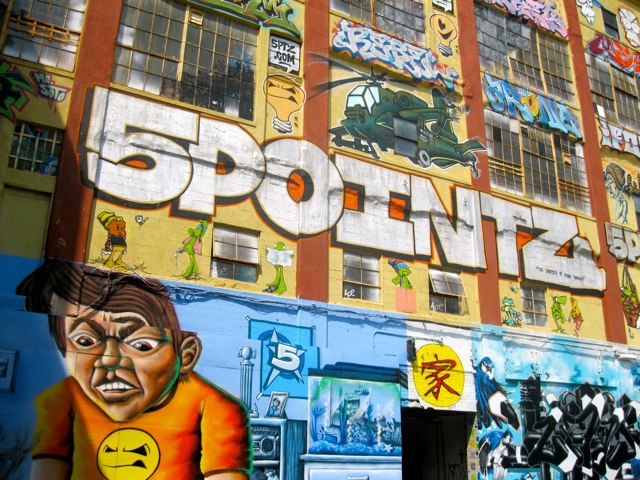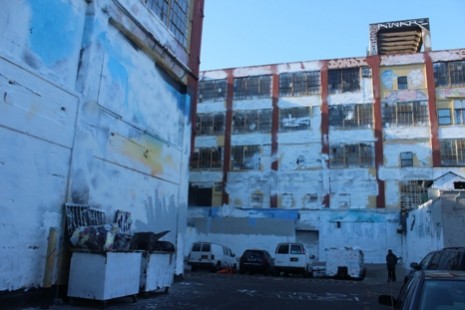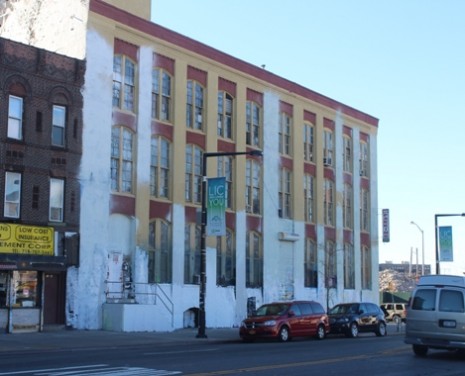
Photo: George Burles
Oct. 7, 2020 By Christian Murray
It’s time to pay up.
The U.S. Supreme Court has refused to hear an appeal from a New York developer who had been ordered to pay $6.75 million to 21 aerosol artists in 2018 for destroying their work that was on the famous 5Pointz warehouse.
The decision ends a long saga between the artists and G & M Realty, which argued that the company was not liable for destroying the aerosol artwork since it was on their building that has since been demolished.
The dispute began soon after Jerry Wolkoff, the owner of G & M who died in July, announced in 2012 that he planned to flatten the 5Pointz warehouse to build two luxury rental towers. The announcement led to heated protests by hundreds of aerosol artists and their supporters who had turned 5Pointz into a major New York destination.

The day after 5Pointz was whitewashed in November 2013 Photo: Queens Post
The artists filed suit in Brooklyn federal court in the summer of 2013 to stop him from demolishing the building, alleging that Wolkoff would violate their rights under the Visual Artists Rights Act. The 1990 law aimed to protect public art of “recognized stature” even if it is on someone else’s property.
However, in November 2013 Wolkoff hired painters to whitewash the artwork in the middle of night to put the dispute to an end. He banned the artists from the site and refused to allow them to recover any work that could be removed, according to court records.
Wolkoff maintained that the works were temporary and not protected by law, and that he had the right to do as he wished on his property. The warehouse was demolished in 2014 and two residential towers have gone up on the site that are almost complete.
A federal jury ruled in favor of the artists in November 2017, and found that Wolkoff had “willfully” disregarded his requirement under the VARA. He was required to provide the artists with “90 days notice before destroying their work.

The day after 5Pointz was whitewashed in November 2013 Photo: Queens Post
U.S. District Judge Frederic Block then made the $6.7 million award in 2018 and said in his decision that the sudden destruction of the artwork was an act of “revenge for the nerve of the plaintiffs to sue to attempt to prevent the destruction of their art.”
The award was based on $150,000 for each of the 45 works that were destroyed.
The case was then heard by the Second Circuit Court of Appeals that approved the 2018 decision earlier this year.
Appeals Court Judge Barrington Parker agreed that Wolkoff’s decision to erase the artwork was in violation of the Visual Artists Rights Act, which is a part of federal copyright law.
“We see nothing in VARA that excludes temporary artwork from attaining recognized stature,” Parker wrote in the decision.
One Comment

only in ny would graffiti artists win a case for defacing property not there’s gotta love the usa